How do i enroll my child in public school after homeschooling
Homeschool to Public School Transition
We are here to help all families, and that includes those who have chosen to enroll their students in traditional school after first homeschooling. Whether you were only temporarily homeschooling due to circumstances or you began homeschooling with the best intentions…life happens. Sometimes, you just have to make the change. It’s a huge lifestyle change, though, so we want to help you with some pointers and ideas!
You may have planned on enrolling your homeschooler in a traditional school all along, for example; it’s a popular decision for parents to homeschool their kids until high school and then choose the traditional route instead. For certain states, this can be helpful for official reporting, standardized tests, and college applications. Regardless of the reason behind your decision to send your homeschooler to public or private school, we have a few tips to make the transition easier.
Transitioning from Homeschool to Public SchoolWondering how to transfer from homeschool to public school? Here are some practical tips and steps to take:
- Study your state’s homeschool law to see if you are required to notify your state or local school district of your decision to cease homeschooling.
Knowing what the states require is an important step.
- Contact the school that your child/teen will be enrolling in to find out their policy on grade placement and credit transfer (if your student is in high school).
- When you meet with the school personnel, bring your homeschool portfolio and/or any evaluations or assessments your student has recently received.
- Complete all enrollment paperwork and purchase any school supplies requested by your child’s teacher(s).
There are many things you can do to help ease your child into switching from homeschool to public school, but chief among them is preparing them for what to expect. If possible, organize a visit to the school and a tour of the facility prior to your student’s first day. Being able to visualize where they will be spending their day may relieve some of the anxiety they have about the shift.
Of course, checking out the school setting is just one of the things you can do to get your child ready for his or her new adventure.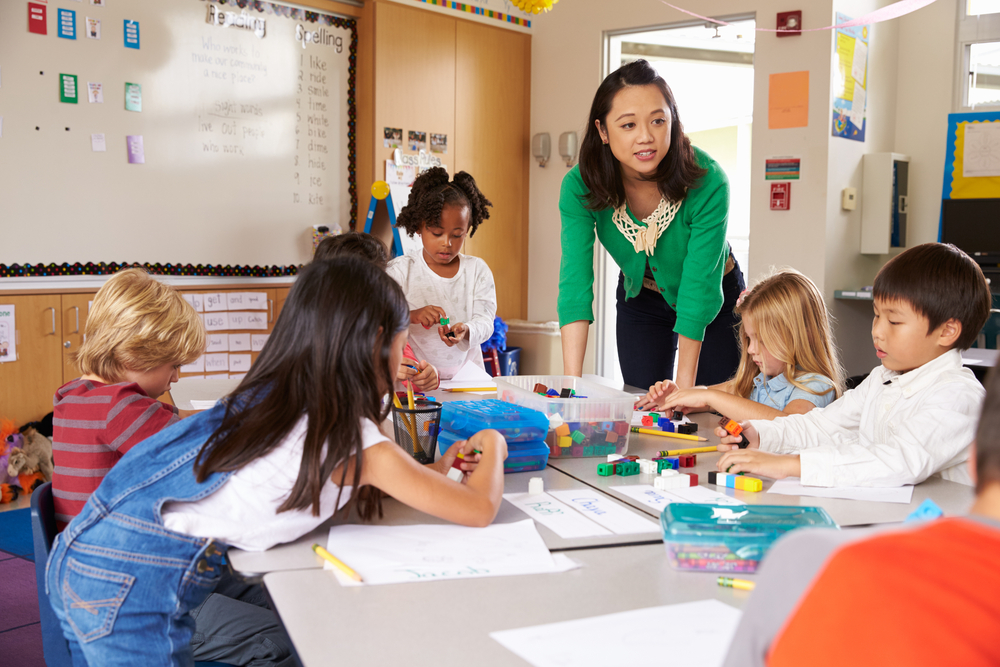 The checklist below can be a helpful reference tool for making the shift.
The checklist below can be a helpful reference tool for making the shift.
- Contact your state homeschool association. Many times they will have specific information that can be helpful about school re-entry, or they may be able to put you in contact with other parents who have gone through the process.
- Complete any school system requirements for enrollment such as getting all required immunizations, getting dental or vision check-ups, establishing proof of residence, and producing a valid birth certificate.
- Organize your homeschool portfolio including any standardized test scores you may have on record. This information can help your school administrator determine grade placement for your child.
- Prepare your student for the fact that he/she may be ahead or behind in certain subjects because your homeschool curriculum, even curriculum from corresponding grade levels, won’t exactly match the school’s curriculum.
- Discuss any and all feelings your child/teen may have about school.
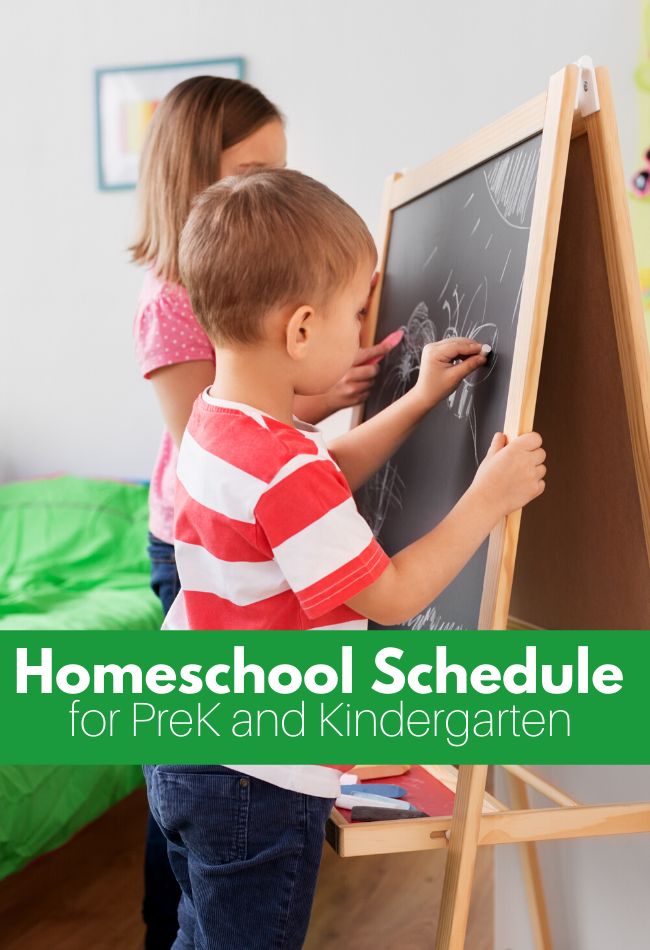 There are no “wrong” feelings. Validate your homeschooler’s feelings while still encouraging him/her about the upcoming experience.
There are no “wrong” feelings. Validate your homeschooler’s feelings while still encouraging him/her about the upcoming experience. - Take time to educate your student on some of the new aspects of education he/she will encounter in public school such as school and classroom rules, dealing with a peer group, and school safety.
- Don’t forget to highlight the positive aspects of school, such as making new friends, participating in sports or extracurricular activities, and school events.
- Dispel any negative stereotypes your child/teen may have about going to school. Discuss potential misconceptions such as that all kids are bullies or that teachers don’t have time to help individual students.
Preparing Yourself for the Transition
Many homeschool parents report feelings of “guilt” or “disappointment” when sending their students to public school after a period of homeschooling. This is especially true if the decision is circumstantial rather than the student’s choice. It’s important to recognize that your feelings are just as valid as your child’s and that there are no “wrong” feelings about the change.
It’s important to recognize that your feelings are just as valid as your child’s and that there are no “wrong” feelings about the change.
It helps to think of your child’s education in terms of a year-to-year decision. While homeschooling is the right option for one year, it may not necessarily be ideal for the next. If you approach your student’s school experience as a series of choices about what’s best from one year to the next, you’ll recognize that there is no single “right” way to educate — it’s all about finding what works best for your unique child.
Don’t feel locked into a decision. If homeschooling doesn’t work for a year and a public or private school does, then that’s what’s right for your family. Similarly, if you place your child in a school setting and it doesn’t work for one reason or another, the option is always there to withdraw your child and start homeschooling again. The most important thing is making sure your child has access to his or her learning style so they can thrive during their school years.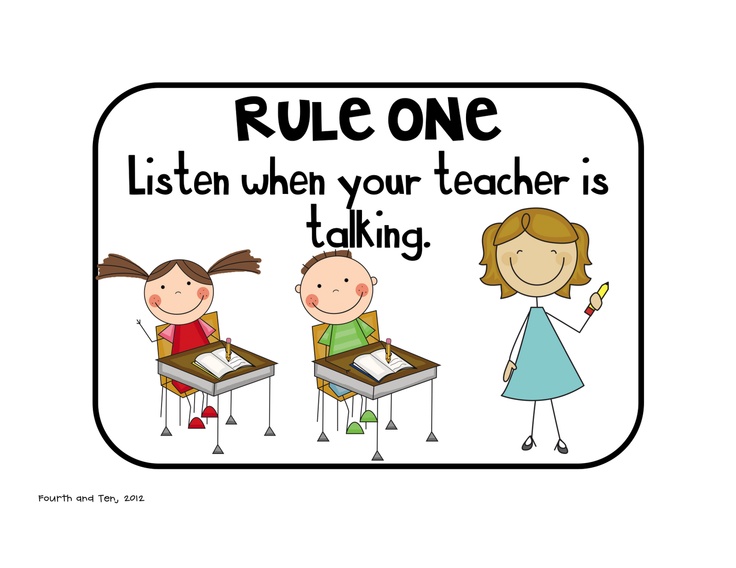 Whether you send your child to a traditional school or you choose to school at home, there should be no guilt or shame in doing what is best for your child and your family as a whole.
Whether you send your child to a traditional school or you choose to school at home, there should be no guilt or shame in doing what is best for your child and your family as a whole.
Additional Helpful Resources
Homeschool vs Online School Differences
K12 Online Public School
Podcast: Homeschooling High School and College Alternatives
When Your Child Goes from Homeschooling to Public School
Sometimes things change, and your child will go from homeschooling to public school. What should you expect when you start the process? Here are a few things to keep in mind.
Jump to:
- The school is in charge of the school.
- The school may ask for grades and records from homeschooling.
- The school is in charge of grade placement and may use their own assessments.
- Going from homeschooling to public school in high school might be a bigger deal.
- Your child might be "ahead" or "behind."
- You are going to have feelings about all this.

- You will need to deal with the bureaucracy.
- Comments
The school is in charge of the school.
This is going to be different. While you were homeschooling independently, you made all decisions regarding your child's education.
The first thing to realize is that your child's school has policies and procedures that you may not be able to affect. Meeting with administrators may result in some flexibility, and you should advocate for your child, but you are navigating a system that is balancing the needs of many children.
The school may ask for grades and records from homeschooling.
Regardless of the approach you took to homeschooling, the school may ask for your child's grades and documentation of studies or learning. If you have homeschooled using traditional curriculum, tests, and grades, this may not be hard to provide.
However, some homeschoolers are flummoxed by this since homeschool laws in their state may not have required such records, and their homeschooling philosophy may have been to use a different approach, which was nonetheless effective. School officials are frequently unfamiliar with homeschool laws and may be more accustomed to dealing with students transferring from other schools.
School officials are frequently unfamiliar with homeschool laws and may be more accustomed to dealing with students transferring from other schools.
Some options:
- Explain that you don't have these kinds of records and weren't required to keep them.
- Create a document to reflect what your child learned during the homeschool years.
- Show scores from any standardized tests your child may have taken.
It helps to remember that the school generally wants this information in order to determine grade placement. Again, this may not always be in agreement with where you think your child should be placed, but it is often at least a good faith effort at getting your child in the right grade in school.
The school is in charge of grade placement and may use their own assessments.
Sometimes parents are able to easily enroll a child in the grade they request, especially if it is the grade that is typical for the child's age, and especially during the elementary years. At other times, schools may use testing or their assessment of your child's home learning, and they will decide which grade a child should be in.
At other times, schools may use testing or their assessment of your child's home learning, and they will decide which grade a child should be in.
Going from homeschooling to public school in high school might be a bigger deal.
State requirements will vary.
Many states require specific courses and end-of-course tests to be passed by each child who will receive a public high school diploma in that state.
Public school students do not receive credits for these courses without the tests, and a child who enrolls in public school during the high school years may not receive credits without the tests either. Be aware that being told a student may reenroll in public high school after homeschooling is not the same thing as receiving public high school credit for courses taken while homeschooling.
Administrators may be flexible.
In some states, work done at home may not be "counted," even if a subject was studied in a traditional textbook way. It is worth speaking with administrators to see if they will let your child take end-of-course tests without re-taking the entire courses.
I know quite a few teens in different states who were able to get credit in this way, which allowed them to enroll in high school in the grade they expected.
Credit may not be given for work done at home.
However, there are also stories of disappointment, where students who would typically have been in 10th grade or later were required to retake lower grade courses at public school after having learned the material at home.
In Virginia, for example, many homeschool advocates advise if at all possible, if you believe your child will attend high school, to try to enroll by 9th grade. That's because not all high schools award credit for work done at home, and they may not allow your child to "test out" of courses. State law in Virginia requires schools to consider work done at home, but because of the emphasis on learning standards, end-of-grade tests, and accreditation, public schools are not required to accept credit transferred from homeschooling.
Homeschool organizations are good sources of information.
Check with your state-wide homeschooling organization to find out about the laws for homeschoolers enrolling in public schools, talk to homeschoolers in your area, and talk to the guidance counselor or administrator at the school your child will attend.
Diplomas reflect the school's requirements.
Not awarding high school credit for work done at home may seem unfair at first glance, but think about it from an institutional point of view. If a diploma means the student has taken these specific tests and followed the standardized curriculum, then it might seem that the only fair way to administrate this is to make it apply to all high school students for each year of their work—even if a year or two of that was done at home.
The child is no longer getting a homeschool diploma (though by the way, homeschool diplomas work just fine)—but will be getting a public school diploma, which indicates completion of public high school requirements.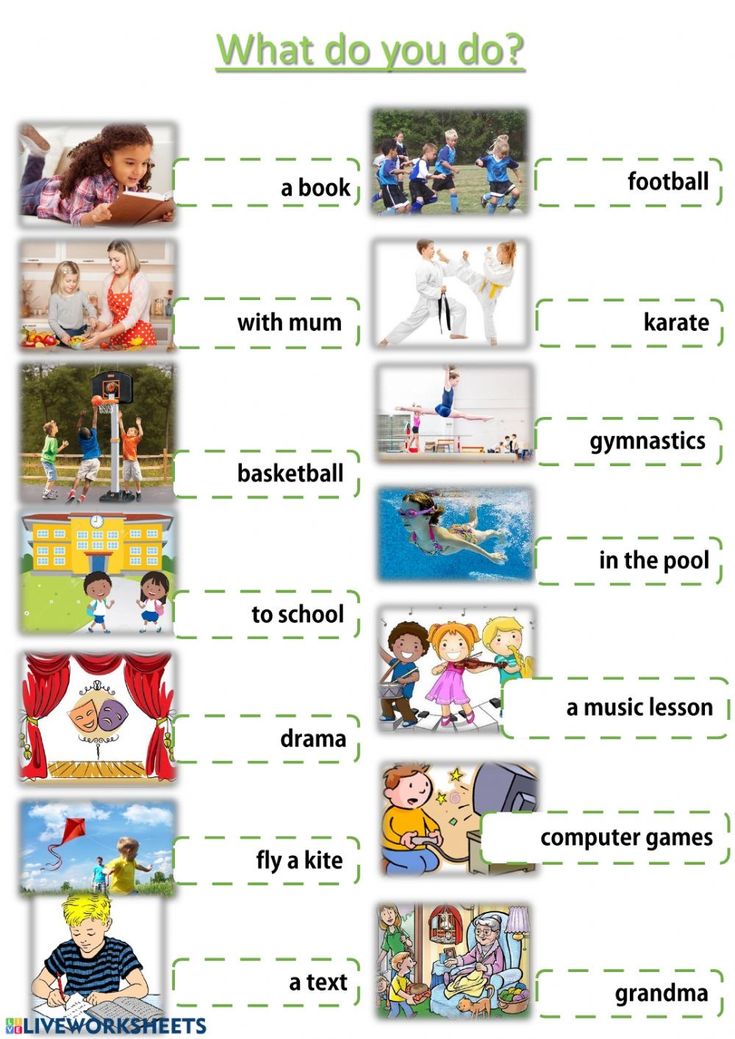
Your child might be "ahead" or "behind."
Your homeschool has been marching to a different drummer. Your child's skill level or knowledge might be out of sync with expectations for kids the same age at public school.
It's important to remember that this is also true for students who attend public school who have never been homeschooled. There are kids who are ahead, kids who are behind, and kids who have special needs and challenges.
In some cases, teachers and administrators have an authentic big picture view of this, and they understand that children's academic levels vary a lot, regardless of how they have been educated before coming to this specific school. In other cases, especially if a child is behind, homeschooling may be blamed as an ineffective approach to education, even though there will be children at the same school who never homeschooled but who are also "behind."
One of the issues that crops up is that some homeschooling approaches are highly supportive of late bloomers, and the payoff comes in later years when a child's love for reading and learning has remained in tact because of less coercion to do developmentally inappropriate tasks quite early. For example, a child who learns to read at home at 8 or 9 may not be at a disadvantage at all because of the way homeschooling can compensate during skills lags—but that same child may immediately be seen as behind if she has to enter school as a non-reader.
For example, a child who learns to read at home at 8 or 9 may not be at a disadvantage at all because of the way homeschooling can compensate during skills lags—but that same child may immediately be seen as behind if she has to enter school as a non-reader.
Homeschoolers differ as to whether the possibility -- however slight -- of a child needing to attend public school at some point in the future, should mean trying to keep a child on grade level. Read my articles on Homeschooling and Grade Level and When Grade Level Matters for more thoughts on this topic.
If you have a child who has special needs, you should familiarize yourself with Wrights Law and be prepared to advocate for your child to get the best possible education.
You are going to have feelings about all this.
You may have good reasons to quit homeschooling. However, that doesn't mean you won't have mixed feelings and second thoughts. You may feel relief that public school is there for your child, but you may feel some grief that your picture of homeschooling did not play out as you hoped.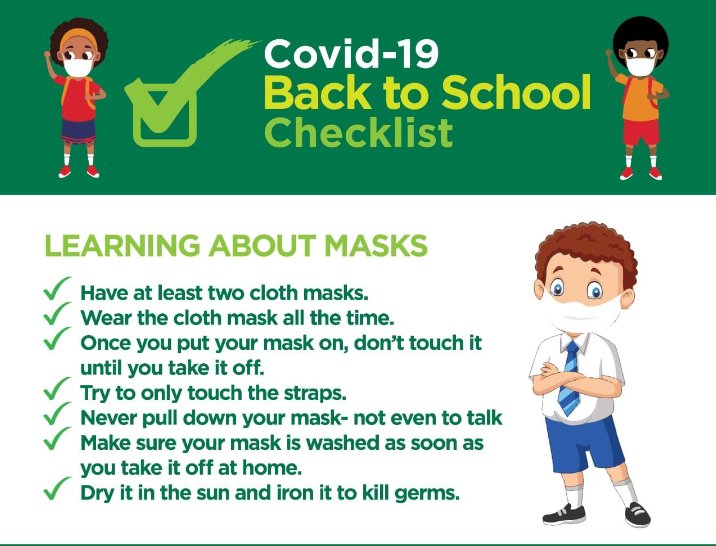
You may also struggle with adjustment to spending less time with your child and having less say-so over your child's daily life, as the school acts in loco parentis.
If your child is behind, you may feel guilt that he will struggle, and you may even feel guilt that he will be seen as a poor representative of homeschooling. Some parents run into this thought from administrators: a positive adjustment to school is "in spite of" homeschooling, while a negative adjustment to school is "because of" homeschooling.
This attitude has changed over the years, since so many teachers now homeschool their own children and other educators have become more familiar with homeschooling. However, you may still feel that you are seen as having done your child a disservice.
You will need to deal with the bureaucracy.
You're playing their game now, and just as you made the rules when you were homeschooling, the schools make the rules for their game.
Schools have a lot of rules and red tape. You and/or your child will need to keep track of deadlines, rules, handbooks, homework, schedules, calendars, and more. Start inquiring about enrollment as early as possible once you know your child will attend school.
You and/or your child will need to keep track of deadlines, rules, handbooks, homework, schedules, calendars, and more. Start inquiring about enrollment as early as possible once you know your child will attend school.
Many schools are welcoming to new students and want each child to have a positive experience; try to get a handle on the rules and policies to help your child have the best adjustment possible. You're playing their game now, and just as you made the rules when you were homeschooling, the schools make the rules for their game.
All about the laws of homeschooling in Russia
A few years ago, teaching a child at home was possible only if he had a confirmed disability. Now parents can transfer their children to home schooling simply at will. The acquisition of knowledge outside the walls of educational institutions is regulated by the law of the Russian Federation No. 273-FZ. A homeschooled child has the right to take exams after grades 9 and 11. This allows him, like all other children, to enter secondary special and higher educational institutions on an equal footing. nine0003
nine0003
Law on Home Education
All rights of students, obligations of parents and educational institutions are described in federal law N 273-FZ, which entered into force on December 29, 2012. When transferring to self-study, you need to know several articles of the law, these are:
- Article 17. It describes the forms of education. According to this article, knowledge can be obtained in the form of self-education or family education. Combined acquisition of knowledge is allowed, that is, some subjects can be taken at school, while others can be mastered at home. The student's knowledge is assessed in an educational institution by conducting intermediate and final attestations; nine0010
- Article 44. Regulates the rights of parents to take responsibility for the education of their children. After receiving a document on secondary education, the student can already choose the form of education;
- Article 63. Describes the features of obtaining general education.
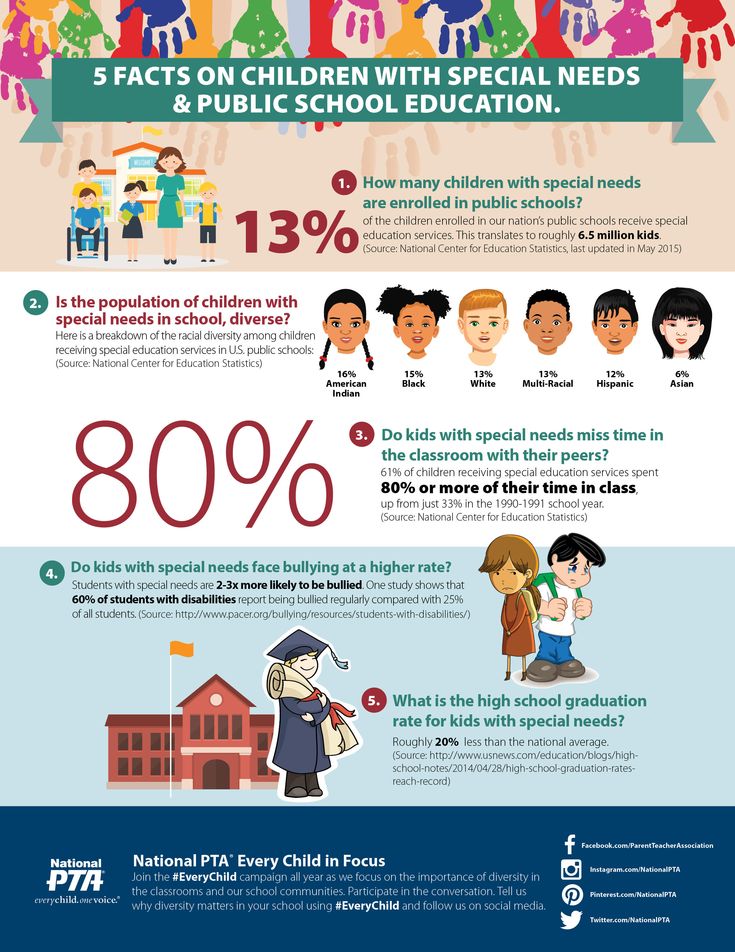
The Education Act does not set age limits for home schooling. However, parents, if they wish to transfer their child to an alternative option for mastering the school curriculum, need to carefully study this law of the Russian Federation. This will help to understand what they are obliged to give to their child and what assistance the state can provide. nine0003
Home education options
Out-of-school education can be chosen based on the child's health, family background and religious beliefs.
Three forms of home education are recognized in Russia:
- home education;
- family;
- remote.
Each of the options has its own characteristics. Choosing from them, parents should be guided by the interests of the child and his capabilities. It must be remembered that learning at home has not only a number of advantages. He also has certain shortcomings that can adversely affect the student's future life. nine0003
nine0003
The first week of classes is free!
Start studying, and at the end of the trial period, pay for the chosen format!
Features of the home-based option (in case of health problems)
The law on education of the Russian Federation provides for home-based education for those who have a disability. Home education allows you to get a certificate of secondary or general education. Students with disabilities can study either according to the general school curriculum or according to individual plans drawn up taking into account their abilities. Lessons at home can be shortened to 20-25 minutes or extended to 2 hours. Upon completion of the school curriculum, a certificate of basic or secondary general education is issued. You can read more about organizing homeschooling for children in a letter from the MINISTRY OF EDUCATION OF THE RUSSIAN FEDERATION
Steps for registering a child for home schooling
Transferring a child to home schooling is actually not that difficult. However, the process will be simplified if parents know in advance which institutions to contact.
However, the process will be simplified if parents know in advance which institutions to contact.
To transfer a child to home schooling, you must do the following:
- Obtain a medical certificate from the local pediatrician stating that the child needs home schooling for health reasons. The pediatrician only issues such a certificate, and the decision is made by the ITU commission. nine0010
- Write an application to the director of the educational institution where the child is studying. If the decision on home education is made before entering the first grade, then the application is written to the head of the city's Department of Education.
- If it is necessary to draw up an individual program, parents or legal representatives, together with the head teacher or principal of the school, select an individual curriculum. It indicates the subjects necessary for the study and their number per week. nine0010
- On the basis of a medical certificate and an application, an order is drawn up.
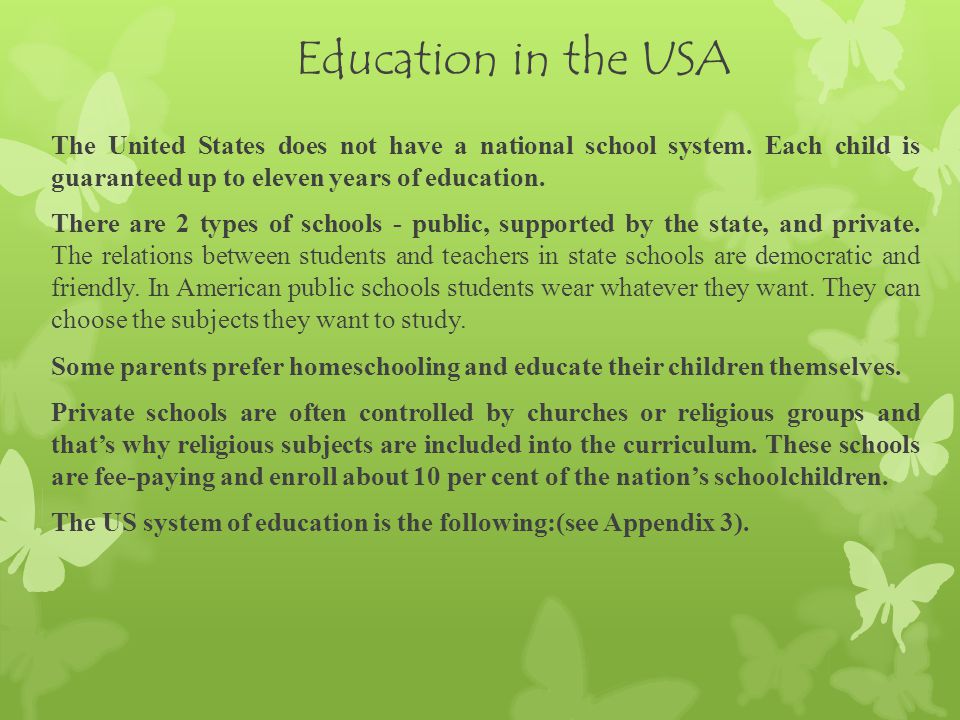 It indicates the teachers who will teach the child at home, and the frequency of knowledge testing throughout the year.
It indicates the teachers who will teach the child at home, and the frequency of knowledge testing throughout the year. - Parents receive a magazine. In it, teachers should note the materials covered and the number of hours allocated, as well as the student's progress. At the end of the academic year, the journal is handed over to an educational institution.
The list of pathologies that give the right to home education, approved by the Ministry of Health of the Russian Federation. Education of children at home should be carried out by the school closest to the place of residence of the family. nine0003
An educational institution is obliged:
- to provide schoolchildren with free textbooks and reference books. We are talking about the literature that is in the school library;
- to provide consulting assistance, helping to assimilate general education subjects;
- conduct attestations - intermediate and final;
- after the final certification, issue a document on obtaining the appropriate education.
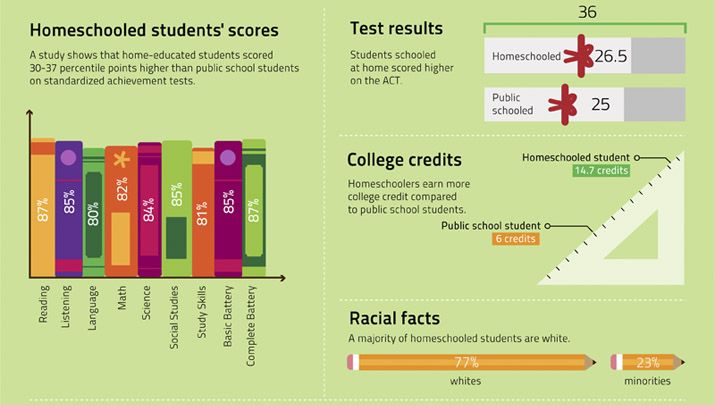
Parents have the right to invite teachers from other schools who can also take part in testing the student's knowledge. nine0003
Peculiarities of family education
Not only disabled students can study at home. The Law on Education provides for the opportunity to acquire knowledge independently even if there are no serious health problems. Then there is the issue of family education. Parents can teach the child themselves or invite tutors or teachers, the student comes to school only for intermediate and final certification.
Children are transferred to home self-education for several reasons, the main ones are as follows:
- Frequent absences from school due to professional sports, music. Very often, enthusiastic children, due to classes in sports schools, sections, because of competitions and competitions, cannot go to a regular school every day. Home schooling allows them to acquire the necessary knowledge base and receive the appropriate certificate of completion of the 9th or 11th grade.
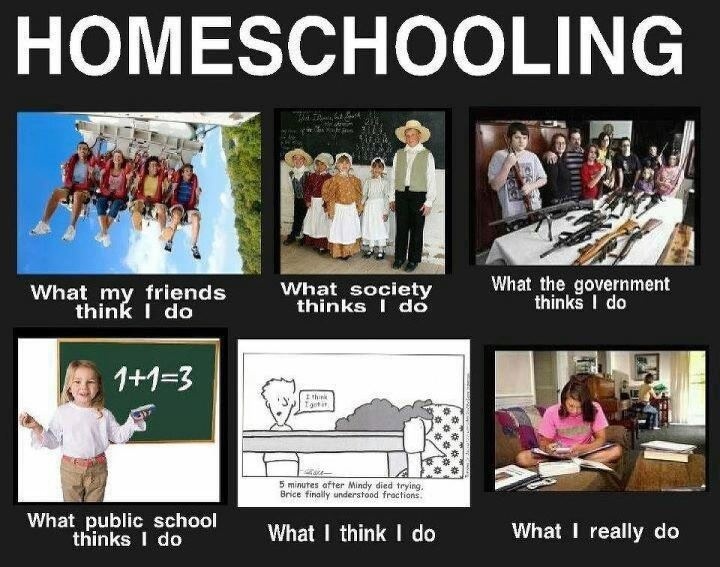
- High level of mental abilities. General school programs are designed for children with average knowledge, so peers who are ahead of their classmates in development are not interested in regular lessons. This negatively affects the learning process; nine0010
- The nature of the work of the parents, which involves constant travel. Frequent transfers from one school to another have a negative impact not only on academic performance, but also on the mental health of students. Self-education helps to avoid this;
- Religious or ideological reasons that prevent children from being sent to school.
Transferring a healthy child to home schooling, you must first take into account his desire. Many children endure separation from the team very painfully. nine0003
First grade enrollment
Each parent can officially enroll their child in first grade every year. In recent years, there have been innovations that sometimes baffle parents.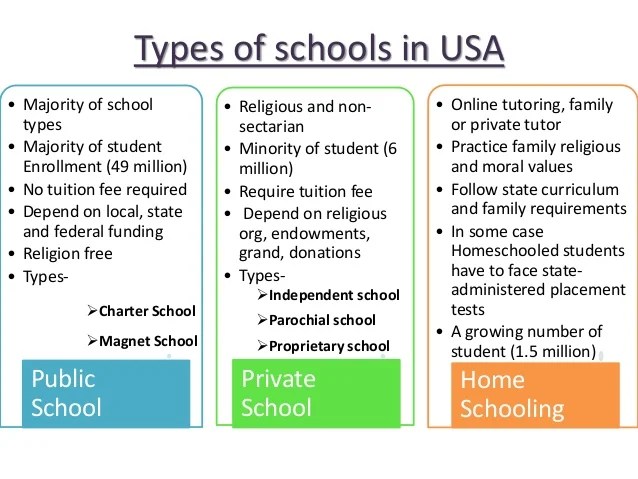 It happens that the school refuses.
It happens that the school refuses.
Homeschooling Steps
Homeschooling requires the following:
- Submit an application form to the Department of Education. The Department of Education provides parents with a list of schools where the child can attach for the final exams; nine0010
- The school must issue an order for the transfer of the child to the family form of education;
- Parents need to conclude an agreement with an educational institution. This agreement reflects all the duties and rights of both the parents themselves and the student, as well as the school. The document indicates the number of intermediate certifications and their timing, the need to attend practical and laboratory lessons.
School teachers are not required to come to your home when teaching at home. Parents either provide knowledge themselves, or invite tutors, or look for alternative options. The terms of the final and intermediate exams for a student at home may coincide with the certification of classmates. However, many people find it more convenient to choose an individual plan for assessing knowledge. nine0003
However, many people find it more convenient to choose an individual plan for assessing knowledge. nine0003
For homeschooling in Russia, the law provides:
- the possibility of transferring a child both from school to homeschooling and back in any class;
- providing a student with textbooks, advisory assistance to teachers.
The Law on Education states that parents, at the discretion of the constituent entities of the Russian Federation where the family lives, can receive the money that the state spends on the education of each student as compensation. Specific figures may vary, and in some areas such subsidies are not provided at all, so the amount of money must be specified at the place of residence. nine0003
Subscribe to our newsletter
By clicking on the button, you consent to the processing of your personal data.
You have successfully subscribed to our newsletter
You will soon receive a subscription confirmation email
Distance education
Getting school knowledge through the Internet is suitable for those children who can independently control the learning process. Contact with teachers occurs through telecommunication systems or face-to-face. There is practically no unified plan for remote acquisition of knowledge, technical means and special methodological literature. But private institutions are gradually emerging that are ready to work with schoolchildren remotely.
Contact with teachers occurs through telecommunication systems or face-to-face. There is practically no unified plan for remote acquisition of knowledge, technical means and special methodological literature. But private institutions are gradually emerging that are ready to work with schoolchildren remotely.
Advantages and disadvantages of home schooling
Teaching a child outside the walls of a traditional school has its pros and cons. nine0003
Key benefits of studying at home:
- More comfortable organization of the process: the ability to study at any convenient time and from anywhere, according to your own schedule.
- The ability to obtain knowledge from a variety of sources: textbooks, electronic literature, encyclopedias, video tutorials.
- The opportunity to teach the child in subjects of interest to the extent that he needs.
- More free time for hobbies: music, sports, scientific circles, learning foreign languages, etc.
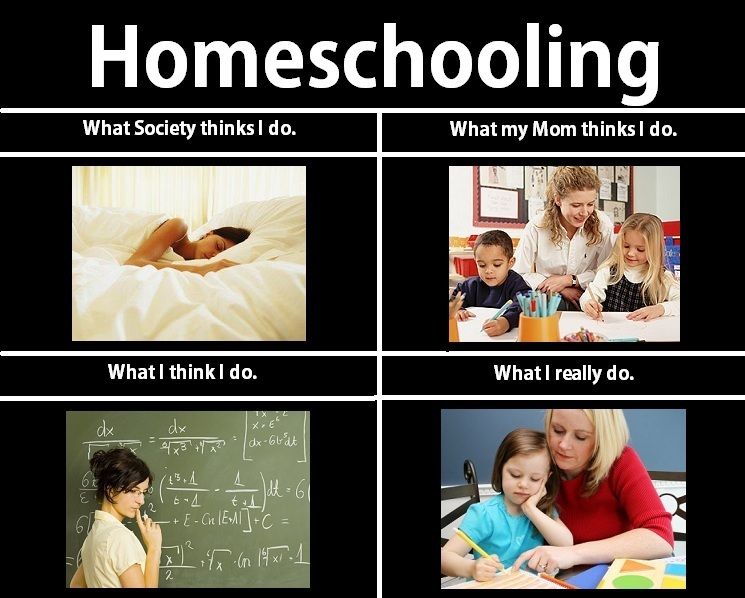 nine0010
nine0010 - Higher efficiency of mastering the topic: classmates do not distract, time is not wasted on solving disciplinary issues.
- Lack of stress from being in a children's team. Not all children, by their nature, adapt well in schools, which negatively affects mental health and general well-being.
With family and distance self-education, the family can travel at any time of the year, as there is no need to take into account the school schedule. nine0003
The most obvious disadvantages of learning at home include the lack of social adaptation, especially in the absence of any group activities, as well as the need for parental control.
Amendments to the law on education
Law FZ-No. 273 is not perfect, it is amended almost every year. The main reason for the adjustments being made is the discrepancy between the developments of the law and the real state of education in the Russian Federation.
There are no significant changes in the new amendments regarding secondary and general school education.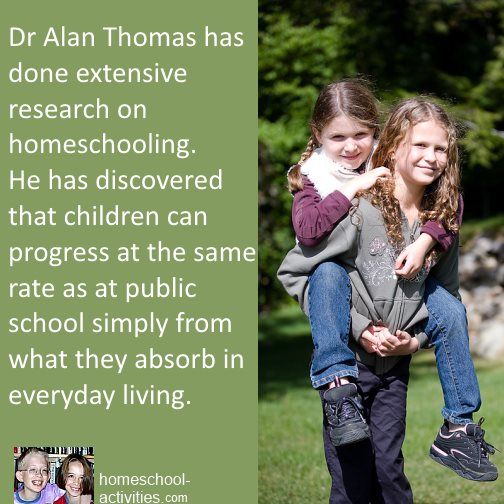 The only thing that deserves attention is that the government has enshrined such forms of education as family, network, distance learning at the legislative level. nine0003
The only thing that deserves attention is that the government has enshrined such forms of education as family, network, distance learning at the legislative level. nine0003
Q&A
Is it possible to go to external studies and complete two classes in one year?
What form of attestation is provided for when transferring to an external study?
What should I do if my child does not complete the external program in one year?
Can adults study externally at the Home School?
Documents for the transition to family education
What is family education
Family education (FO) is a form of education outside the traditional school. Parents themselves organize the educational process for the child, taking into account his interests and capabilities, and bear responsibility for this. SO is sometimes referred to as homeschooling or homeschooling, because these children often study right in their room. nine0003
“In the Russian Federation, education can be obtained outside organizations engaged in educational activities (in the form of family education and self-education).”
Law "On Education in the Russian Federation"
A child studying for a CO must, like their peers, master the secondary school program and confirm their knowledge at intermediate assessments. In addition, he must pass the state final certification - OGE after 9class and the Unified State Examination after 11.
At the time of certification, the child in family education receives the status of an external student. It is important to remember that an external study is not an independent form of education, but a form of certification.
<

